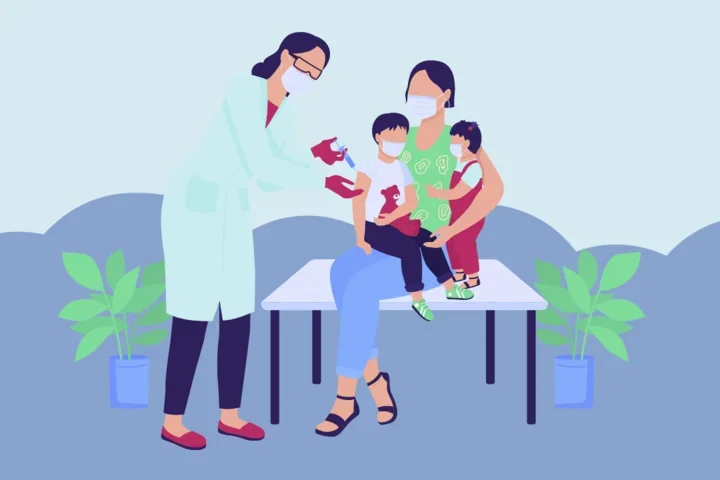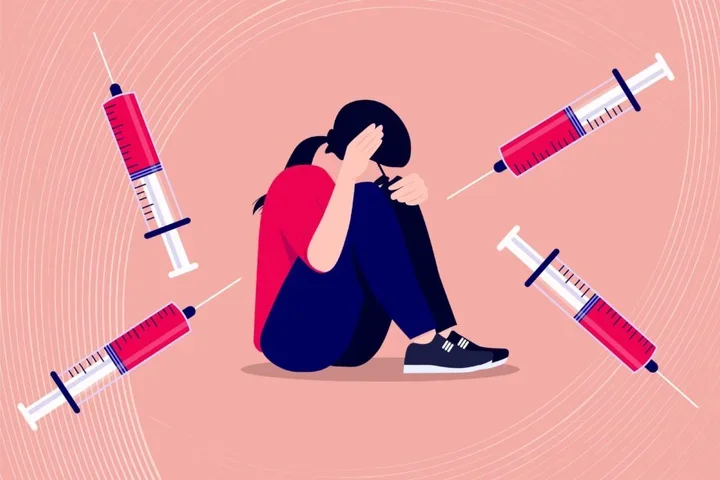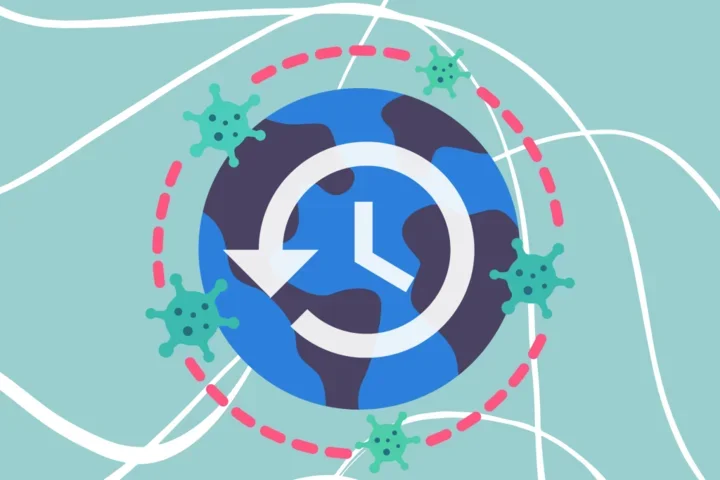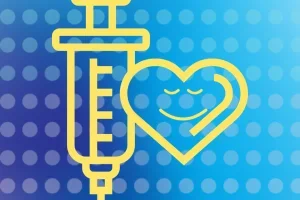Blog Post #4: How to Deal with Vaccine Anxiety
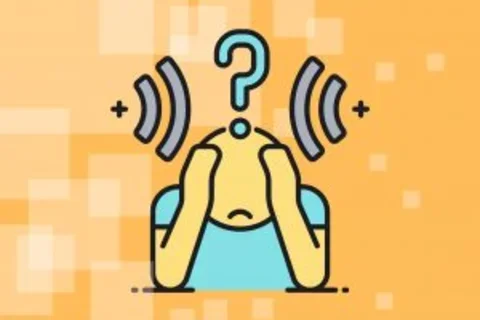
How to Deal with Vaccine Anxiety
Vaccine Anxiety Series Part 2
By Yailanis Cruz
As you’re anxiously waiting for the nurse to get your first dose of the COVID-19 vaccine, all sorts of thoughts might come up in your mind: will it hurt, will it make me feel queasy, or simply: is it safe? While I’m sure most people have asked themselves these questions, vaccine anxiety is not a new phenomenon. Rather, it’s been a prominent issue for decades that has disproportionately affected the disabled community.
Recently, the CDC has revealed that symptoms, such as becoming dizzy, nauseated, or fainting are due to anxiety as opposed to side effects of the actual vaccine. Whether you have a fear of needles or feel uncertain about the vaccine, here are some ways you can tackle vaccine anxiety:
Prior to vaccination
- Try contacting the Disability Information and Access Line: This national hotline aims to increase accessibility of vaccination for the disabled community. Given its association with many national disability organizations, it can also serve as a resource to answer questions or connect callers to reputable sources that can aid in answering disability specific questions about the vaccines themselves.
- Practice relaxation/meditation techniques: Prior to getting vaccinated, you can practice the Breathe, Redirect, Do technique. This mechanism of reducing anxiety utilizes deep breathing techniques to redirect your worries to simply focusing on your breathing and becoming more conscious of the world around you.
- Practice getting vaccinated at a mock clinic or at your own home: We have seen promising practices to reduce needle anxiety, such as the Needle Anxiety Program, which have enabled us to learn more about how to reduce needle anxiety for everyone, particularly neurodivergent individuals. Similar to this program, the Friendship Foundation has created a mock clinic to help reduce such anxiety. This clinic enables people with developmental disabilities to practice what it is like registering for vaccination and getting a needleless shot in preparation for the real vaccine weeks later at the same clinic. Given these programs are still fairly new and yet to be universal, you can still reach out to your medical doctor or local clinic to see if they can help you practice with your child or loved one about what it’s like to get vaccinated. Or you can try it in your own home!
During vaccination
- Distract yourself: A simple distraction might be all you need to get vaccinated. While you can just look away or close your eyes, such techniques might cause even more anxiety if you’re continuously and subconsciously thinking about the moment that the needle will prick your skin. Listening to music or even having a conversation with a loved one might just be enough of a distraction to not only get your mind away from thinking about the vaccine, but also not even feeling it!
- Let healthcare workers know you’re anxious: It is much better to let the health professional know about your anxiety rather than dwelling on it by yourself. This may enable you to receive accommodations and have a much better experience.
References:
https://abcnews.go.com/Health/cdc-finds-covid-19-vaccine-reactions-due-anxiety/story?id=77423427
https://www.hiv.gov/blog/hhs-launches-hotline-improve-access-covid-19-vaccines-people-disabilities
https://health.arizona.edu/calm
https://news.yahoo.com/needles-strike-fear-practice-comes-120030111.html
Blogger: Yailanis Cruz
Yailanis Cruz is a third year Psychobiology major with a minor in Disability Studies. She aspires to obtain a master’s in Public Health and also work with neurodivergent children as an Occupational Therapist in the future.
